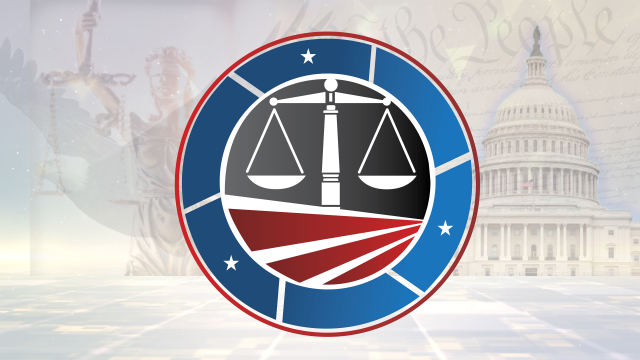
2022 Law Day Essay Entry
As humanity evolves, the Constitution evolves with it. We are not the same people as the Founding Fathers were when the Constitution was created in the 1700s. Ideologies have shifted, societal norms have grown, and the culture of the United States of America is vastly different than it was even a few decades ago. Because the Constitution is a dynamic document and Supreme Court justices are tasked with interpreting it, their interpretations vary from generation to generation which may lead to a reversal of interpretation of an existing law. However, in order for the United States of America to be a country where people are “endowed by their Creator with certain unalienable Rights” as outlined in the Declaration of Independence, some Supreme Court cases and interpretations of law may never be overturned.
In 1896, the Supreme Court made a decision that impacted the entire country for decades by ruling that segregation was Constitutional under the premise that life could be “Separate but Equal” for people of color in the United States. Today, the Supreme Court would never make such a decision because segregation is unacceptable and inherently discriminatory in its nature. Brown v. Board of Education effectively overturned the ruling in Plessy v. Ferguson in order to progress society towards equal rights and opportunities. The ruling in Roe v. Wade allows women to make choices that affect their bodies and terminate pregnancies under certain circumstances. This ruling effectively progresses our country towards the idealism that “all men are created equal” laid out by the creators of our unique democracy. By reversing the decision made in Roe v. Wade, the United States of America would be taking a step back in the upholding of human rights.
When overruling a previous decision, the Supreme Court must consider whether this decision promotes or hinders equal rights, whether this decision oppresses specific groups or upholds freedom and equal opportunity, and whether this decision will be kept for centuries to come. Humanity is the foundation upon which this country is built and it is of utmost importance to preserve human rights whether it means reversing an unjust interpretation of law or sustaining the interpretation of a law that allows for the preservation of human rights. Supreme Court justices are the arbiters of the law and can interpret the Constitution as either a living document with many meanings or a piece of writing with one original meaning. Human rights should not be polarizing and divisive, and the Supreme Court should take this into consideration in a nonpartisan way. Whichever way the justices interpret the Constitution, they must always weigh the principle of human rights above all before reversing a previous decision.




